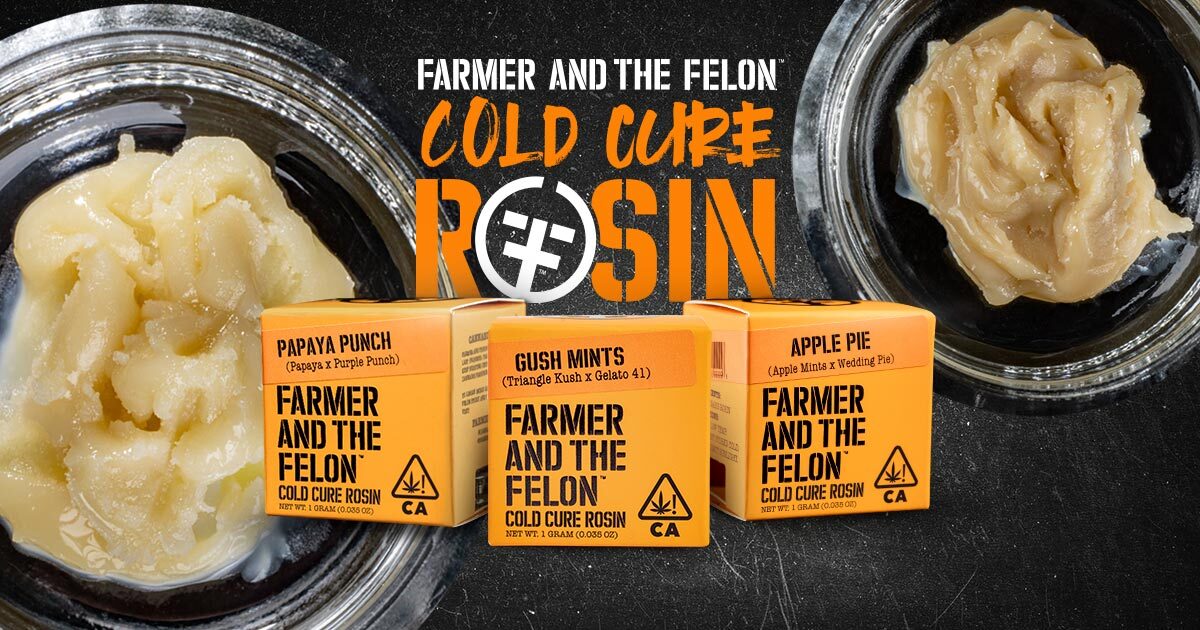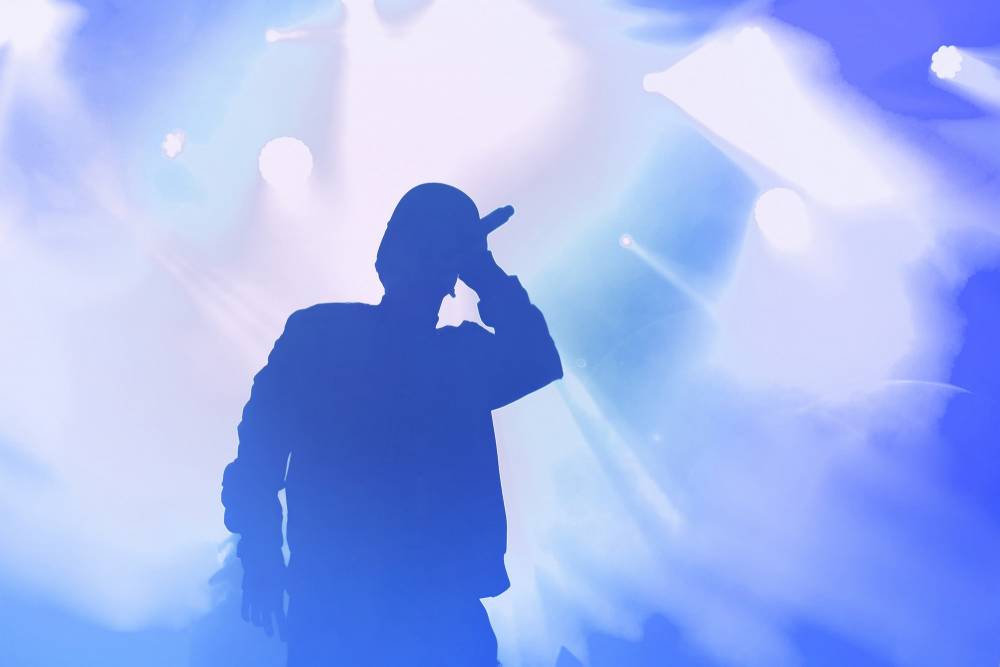By: Sarah Michel
For far too long there’s a battle brewing in the rap scene between the judicial system and those blessed with the art of the pen and the mic. Depending on which state you’re in, it’s a crime to rhyme – judgments are laid as “guilty” based on an artists’ lyricism, not evidence of a crime.
Known cases such as Jamal Knox vs the Commonwealth of Pennsylvania along with less visible anecdotes, like inmates receiving more time for lyrics rapped during a phone call speak to its prevalence. Rap music is known as art that imitates life, but courts have taken creative license to attribute this storytelling as fact. We ask, is this even legal?
Where is the First Amendment?
There is something sinister about taking lyrics out-of-context as a means for a motive, playing up to stereotypes and misunderstanding of hop-hop hyperbole. If you’re Freddy Mercury, “Mama I killed a man” is just a killer intro to a classic Queen track. “Killer” in this case would be considered a fun adjective, not an accusation of a real crime. For hip hop, that would never be the case – rap music consistently finds itself on trial.
In the case of Jamal Knox, lyrically known as Mayhem Mal, justices denied review in Mal’s appeal “of convictions for terroristic threats and witness intimidation based on one of his songs that allegedly threatened to kill police,” according to Bloomberg Law. The song he was convicted for in 2014 was NWA’s “F**k the Police.”
Knox also argued in his petition seeking high court review that his case raises critically important and frequently recurring First Amendment questions that have intractably divided federal courts of appeals and state high courts. The petition also argued that “The constitutional question here implicates the validity of countless convictions under myriad federal and state threat statutes. Allowing the government to convict and incarcerate people for speech that is not objectively threatening is contrary to this Court’s precedents and basic First Amendment principles.”
Despite F**k The Police’s status as a protest song more than 30 years post-N.W.A.’s release, the Pennsylvania courts ruled it to be a true threat. The actual threat lies in dictating who gets to have free speech and when.
Everything You Say Will Be Used Against You
If you’re Black or a person of color, chances are that part of the Miranda Rights is very true for you. That’s what happened in the case of Lawrence Montague when in October 2017 he made the mistake of rapping lyrics he wrote to a friend on the phone while awaiting trial for murder and gun-related charges. His intention was for his friend to upload his bars to Instagram. Instead, his new track was deemed admissible for evidence under Maryland Rules 5-401, 5-402, and 5-403., according to his court documents.
He was later convicted of second-degree murder, first-degree assault, use of a firearm in a crime of violence, use of a firearm in the commission of a felony, and carrying a handgun on the person and was sentenced to 50 years. Naturally, he appealed and was denied by the courts, setting a new precedent in the state of Maryland. A very dangerous one. Had Montague not rapped to his friend that day, his outcome may have been very different.
Montague is one of many as there have been instances of aspiring and established rappers prosecuted under penal codes they weren’t even aware of. Take Brandon “Tiny Doo” Duncan, for example, who was prosecuted in 2014 under California’s proposition law 21 which allowed prosecutors to go after anyone who “promotes, furthers, assists, or benefits from any felonious act. Thanks to his “No Safety” mixtape, prosecutors made the case that Tiny Doo was a big player in gang conspiracies when in reality, he’s just an artist with a pen.
Whether or not a lyric is admissible lies on Federal Rule 403 which allows the court to exclude evidence if the value to proving a defendant's guilt is outweighed by the danger of “unfair prejudice, confusing the issues, misleading the jury, undue delay, wasting time, or needlessly presenting cumulative evidence.” It can be argued that submitting rap lyrics plays into unfair and negative stereotypes around rap, the culture how it’s portrayed by the media, and Black people in general.
Rappers are Battling Back
With drill music rising in popularity along with artist arrests, the industry is pulling together to fight for free speech. New York State senators Brad Hoylman and Jamaal Bailey recently proposed a bill that would protect the defendant's creative expression and guard against racial bias.
The “Rap Music on Trial” bill (S.7527/A.8681) has already made its first step towards a full vote after successfully making it through the Senate Codes committee. Jay Z, Big Sean, Meek Mill, Kelly Rowland, and Vic Mensa are just a few artists who’ve signed the memorandum of support, along with notable authors, activists, and members of academia.
The hope is that NY Gov. Kathy Hochul ultimately signs off, allowing artists to freely flow without fear of persecution, but this bill is just for NYC. Rap lyrics have no place in court just as the government has no place in rap, nationwide.
Seeing how out of all the genres of music, lyrics from a very specific genre are the primary source of evidence seems like another Jim Crow-ish layer to lock up the obvious target. “Pumped Up Kicks” by Foster the People never led to an arrest to prevent a school shooting. Drill rappers should be able to rock.

